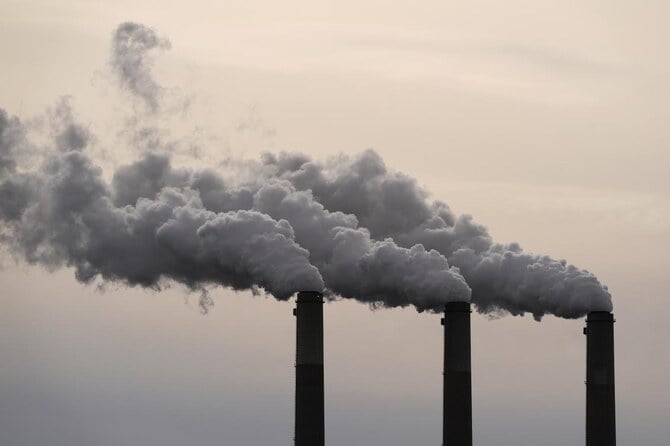News Flash
News Flash

PARIS, Feb 10, 2025 (BSS/AFP) - Nearly all nations missed a UN deadline
Monday to submit new targets for slashing carbon emissions, including major
economies under pressure to show leadership following the US retreat on
climate change.
Just 10 of nearly 200 countries required under the Paris Agreement to deliver
fresh climate plans by February 10 did so on time, according to a UN database
tracking the submissions.
Under the climate accord, each country is supposed to provide a steeper
headline figure for cutting heat-trapping emissions by 2035, and a detailed
blueprint for how to achieve this.
Global emissions have been rising but need to almost halve by the end of the
decade to limit global warming to safer levels agreed under the Paris deal.
UN climate chief Simon Stiell has called this latest round of national
pledges "the most important policy documents of this century".
Yet just a handful of major polluters handed in upgraded targets on time,
with China, India and the European Union the biggest names on a lengthy
absentee list.
Most G20 economies were missing in action with the United States, Britain and
Brazil -- which is hosting this year's UN climate summit -- the only
exceptions.
The US pledge is largely symbolic, made before President Donald Trump ordered
Washington out of the Paris deal.
- Accountability -
There is no penalty for submitting late targets, formally titled nationally
determined contributions (NDCs).
They are not legally binding but act as an accountability measure to ensure
countries are taking climate change seriously and doing their fair share
toward achieving the Paris goals.
The sluggish response will not ease fears of a possible backslide on climate
action as leaders juggle Trump's return and other competing priorities from
budget and security crises to electoral pressure.
Ebony Holland from the International Institute for Environment and
Development said the US retreat was "clearly a setback" but there were many
reasons for the tepid turnout.
"It's clear there are some broad geopolitical shifts underway that are
proving to be a challenge when it comes to international cooperation,
especially on big issues like climate change," said Holland, a policy lead at
the London-based think tank.
The EU, historically a leader on climate policy, has been delayed by
elections and internal processes and is bracing for fresh polls in Germany
and Poland.
An EU spokeswoman said a collective target for the 27-nation bloc would be
unveiled "well ahead" of the UN COP30 climate conference in November.
"We will continue to be a leading voice for international climate action,"
she said.
Analysts say China -- both the world's biggest polluter and its largest
renewable energy investor -- was also expected to release its much-
anticipated NDC in the second half of 2025.
The United Arab Emirates, Ecuador, Saint Lucia, New Zealand, Andorra,
Switzerland and Uruguay rounded out the list of countries that made Monday's
cut-off.
- Missing in action -
Evans Njewa, a Malawian diplomat and chair of the Least Developed Countries
group, said many poorer nations lacked the financial resources and technical
expertise to compile such complex, economy-wide policies.
"Big emitters, whose historical and ongoing pollution has driven the climate
crisis, must take responsibility and lead by example," he told AFP.
Countries have been consistently late in filing periodic updates to their
NDCs since the Paris accord was signed in 2015.
Last week, Stiell asked that countries turn in "first-rate" submissions by
September so they could be properly assessed before the UN climate summit in
Belem.
"The worsening climate crisis will not wait or pause its disastrous impact as
nations delay their action plans," said Tracy Carty from Greenpeace
International.
Linda Kalcher, executive director of the Strategic Perspectives think tank,
said in some cases it was better that countries work on fine tuning quality
proposals, rather than rushing out something weaker.
"The concern is that if too many countries delay, you could give the
perception that they're not willing to act," she told AFP.